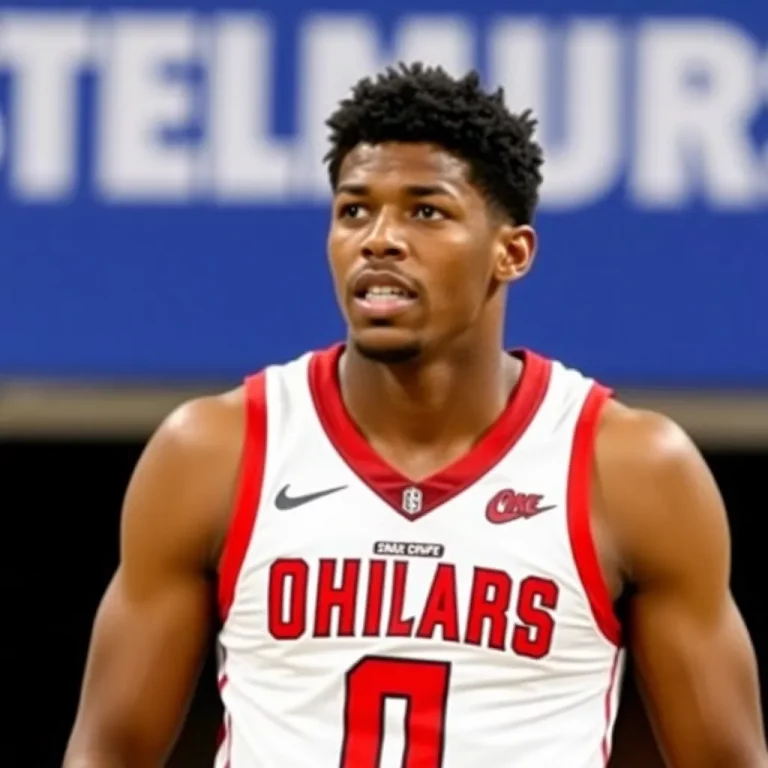Columbus Court Dismisses Terrelle Pryor’s Lawsuit Against Ohio State, NCAA, Big Ten
Columbus, Ohio – A federal judge has dismissed a lawsuit filed by former Ohio State quarterback Terrelle Pryor against the university, the NCAA, and the Big Ten regarding the denial of compensation for name, image, and likeness (NIL) during his college days. Chief Judge Sarah D. Morrison of the Southern District of Ohio issued the ruling on Friday, citing that Ohio State enjoys sovereign immunity and that Pryor’s claims were submitted beyond the four-year statute of limitations for antitrust lawsuits.
In her ruling, Judge Morrison noted, “Mr. Pryor failed to assert his claims for injunctive relief within the four-year statutory period. And he makes no argument to rebut the presumption that allowing his claims to proceed would be unreasonable and prejudicial to Defendants.”
Pryor filed the lawsuit in October, shortly after another high-profile case emerged involving former USC star Reggie Bush, who also pursued compensation related to his college career. Additionally, several former Michigan players have brought suits against the NCAA and the Big Ten Network over related matters.
Pryor was a standout quarterback for the Buckeyes from 2008 to 2010, amassing impressive statistics including 6,177 passing yards and 2,164 rushing yards, contributing to a total of 74 touchdowns. His college career ended over a decade before the NCAA updated its rules to allow student-athletes to earn money through various sponsorship and endorsement deals.
While Pryor’s lawsuit did not specify how much in damages he was seeking, it claimed that the old rules cost athletes millions of dollars. Additionally, he pointed out that the university and the NCAA continue to profit from past players by showcasing their historic plays in promotional materials.
Pryor’s college career faced a significant setback amid an NCAA investigation involving rule violations related to trading gear, collectibles, and autographs for tattoos and cash. Rather than face a potential five-game suspension during his senior year, he opted to enter the 2011 NFL Supplemental Draft, where he was selected by the Oakland Raiders but faced a five-game suspension to kick off his NFL journey.
In light of recent changes to NCAA rules, many star athletes have begun to rake in substantial earnings—some amounting to hundreds of thousands or even millions of dollars—by capitalizing on NIL deals. A recent settlement over an antitrust lawsuit has established a $2.8 billion fund for current and former college athletes denied NIL compensation dating back to 2016. This agreement also allows schools to start directly compensating athletes starting this year.


